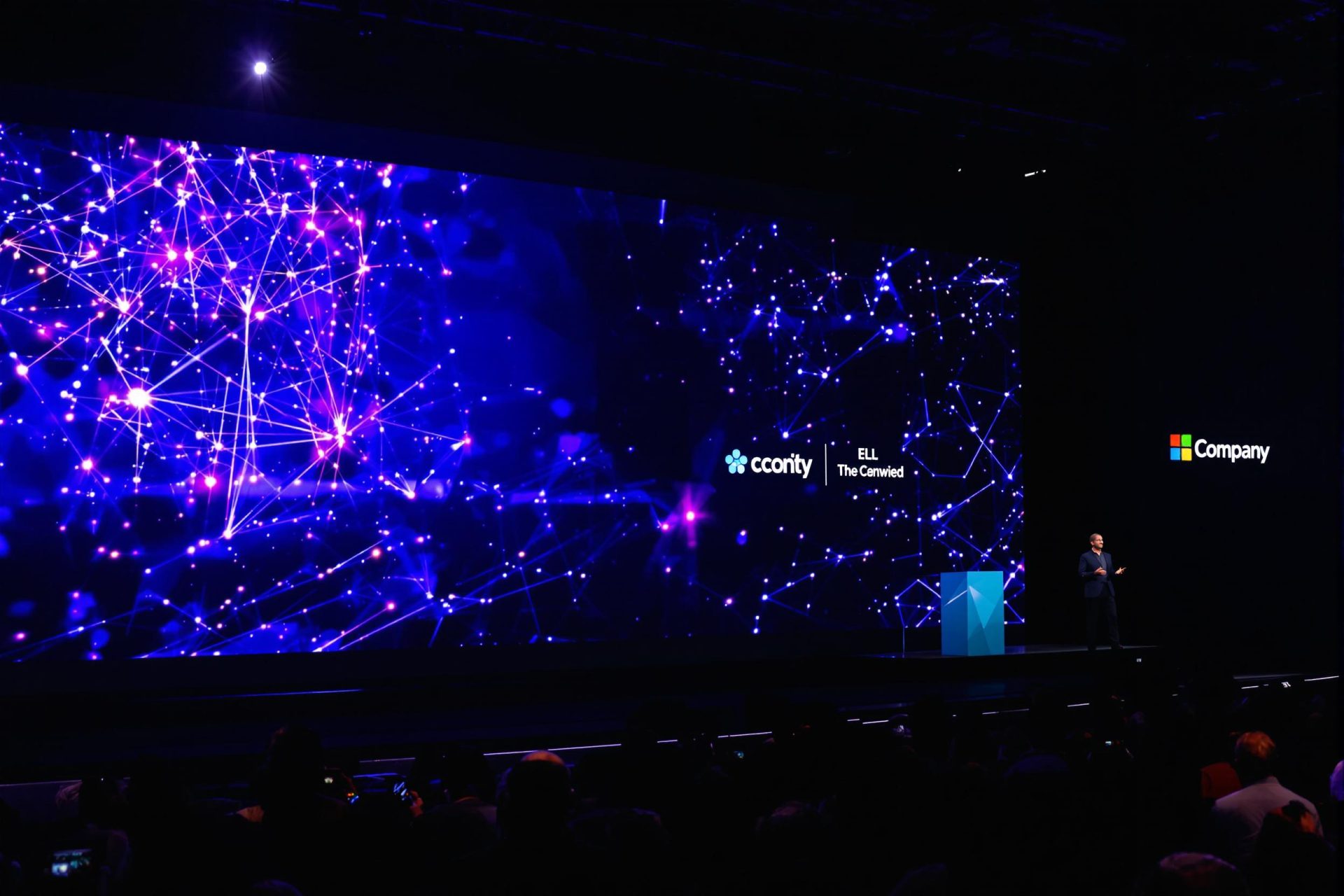Key Takeaways
- Meta has launched a new Llama API, allowing developers to use its AI models as a service.
- The company partnered with Cerebras Systems to provide significantly faster AI processing speeds.
- This new service is reported to be much faster than typical speeds offered by competitors like OpenAI and Google using traditional chips.
- The partnership marks Meta’s move into commercially selling AI processing power, competing directly in the AI service market.
- Enhanced speed could unlock new real-time AI applications previously difficult to achieve.
- Developers can request early access to the faster Llama service powered by Cerebras.
Meta recently announced a significant step into the AI services market, revealing a partnership with Cerebras Systems to accelerate its new Llama API.
Announced at Meta’s LlamaCon event, this collaboration aims to provide developers using Llama AI models with much quicker processing times, often called inference speeds.
According to VentureBeat, Cerebras technology helps Meta’s API process information at speeds potentially up to 18 times faster than solutions using traditional GPU chips.
This move signals Meta’s entry into the business of selling AI computation, turning its popular open-source Llama models into a paid service where developers purchase processing capacity.
Until now, developers using Meta’s widely downloaded Llama models needed to arrange their own computing infrastructure. This new API offers a direct solution from Meta.
Competitors like OpenAI, Google, and Anthropic already operate in this space, selling access to their AI models. Meta is now joining them, hoping its speed advantage will be a key draw.
Cerebras claims its specialized hardware significantly outperforms standard GPU-based systems in processing speed, measured in ‘tokens per second’ – essentially how fast the AI can ‘think’ or generate text.
This speed difference isn’t just a minor improvement. Faster processing enables entirely new application types, such as real-time AI agents, smooth conversational voice systems, and instant complex problem-solving, which were sluggish before.
Meta’s strategy shift involves becoming not just an AI model provider but also an infrastructure company offering a complete service, creating a new revenue stream from its substantial AI investments.
The company stated it won’t use customer data entered into the API to train its own models, and models developed using the service can be moved elsewhere, offering flexibility.
Cerebras will run this service using its network of data centers across North America. Meta has also partnered with Groq to offer developers additional high-speed options.
By combining popular open-source models with cutting-edge speed, Meta aims to disrupt the existing AI service landscape and position itself as a major player.
For Cerebras, this partnership is a significant validation of its specialized AI chip technology, bringing it into a major tech company’s ecosystem.
The Llama API is currently available in a limited preview, with wider access planned soon. Developers can specifically request access to the Cerebras-powered option for maximum speed.
This focus on speed highlights a growing trend in AI: it’s not just about what AI models know, but how fast they can process information and respond.



